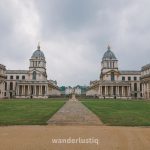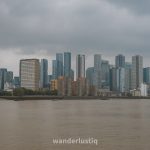
Everything You Need To Know :
The united kingdom
The United Kingdom, comprising England, Scotland, Wales, and Northern Ireland, offers a diverse array of experiences. There’s something for everyone, from London’s iconic landmarks and Edinburgh’s historic charm to the Lake District’s scenic beauty and Wales’s rugged landscapes. Enjoy rich history, vibrant culture, and unique traditions across this captivating island nation.
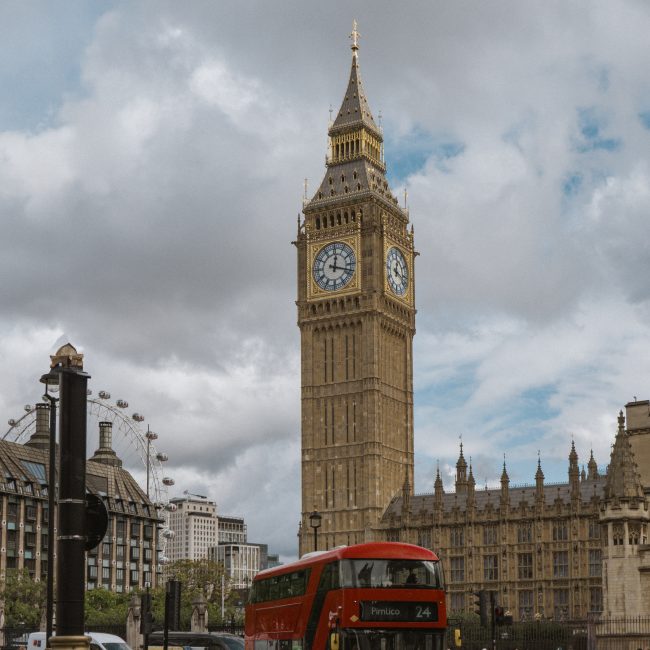
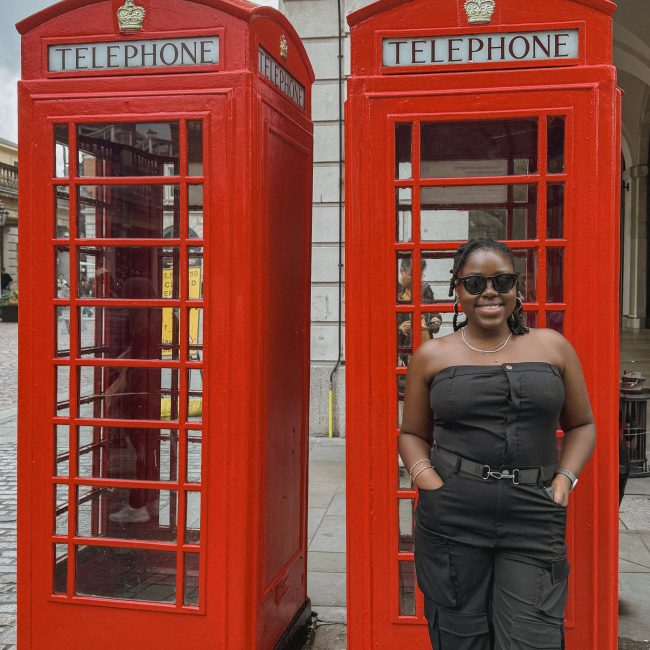

Heads Up!
Some of the links you’ll find on this site are affiliate links, which means that if you book a flight, a stay or even that quirky travel gadget through them, I might earn a small commission at no extra cost to you. It’s like buying me a virtual iced capp (thanks!), and it helps keep this blog running so I can continue to share all the travel inspiration and tips with you.
Safe travels and happy exploring!
Best Time To Visit
The UK is known for its unpredictable weather, frequent rain, and grey skies, but each season offers a unique experience for travellers.
- High/Dry season ~ June – August
- Low/Wet season ~ November – February
- Shoulder season ~ March – May & September – October
Visiting a destination in the high season means everything will be a little more expensive. If you’re trying to travel on a budget, the low or shoulder season will be the best for that.
General Weather Tips:
- Always carry an umbrella — rain is unpredictable year-round.
- Layer up — mornings can be chilly, even in summer.
- Expect grey skies — sunshine isn’t guaranteed, and overcast days are common.
Getting Around
Airports:
London Heathrow – London, England
London Gatwick – London, England
Manchester Airport – Manchester, England
Edinburgh Airport – Edinburgh, Scotland
Glasgow Airport – Glasgow, Scotland
Belfast International Airport – Belfast, Northern Ireland
Cardiff Airport – Cardiff, Wales
Land Borders:
The UK only has one land border between Northern Ireland and the Republic of Ireland.
For all other travel into the UK, it’s surrounded by water:
South – Separated from France by the English Channel
East – Separated from mainland Europe by the North Sea
West – Separated from Ireland by the Irish Sea
Ground Transportation:
The UK has an extensive and well-connected ground transportation system, making it easy to travel between cities and regions. The National Rail network links major cities like London, Manchester, Edinburgh, and Cardiff, with high-speed options like the Eurostar connecting to mainland Europe. Coaches offer budget-friendly alternatives for longer journeys. Within cities, public transport includes buses, trams, and the London Underground (Tube)—the world’s oldest metro system. Taxis and ride-hailing apps like Uber are widely available, while car rentals and cycling routes provide flexible options for independent travellers.
Like most places in the world, public transportation will always be the cheaper option. If you feel like you can navigate it then it’s a great way to get around and immerse yourself with the locals.
If you’re like me and you’re not the greatest at navigating public transportation then private transportation is the one for you IS what I would’ve said but I might have become a pro after this trip. And yes, I’m quite proud of myself.
Look into getting a Visitor Oyster Card if you plan on visiting London.
You can also pay via contactless cards.
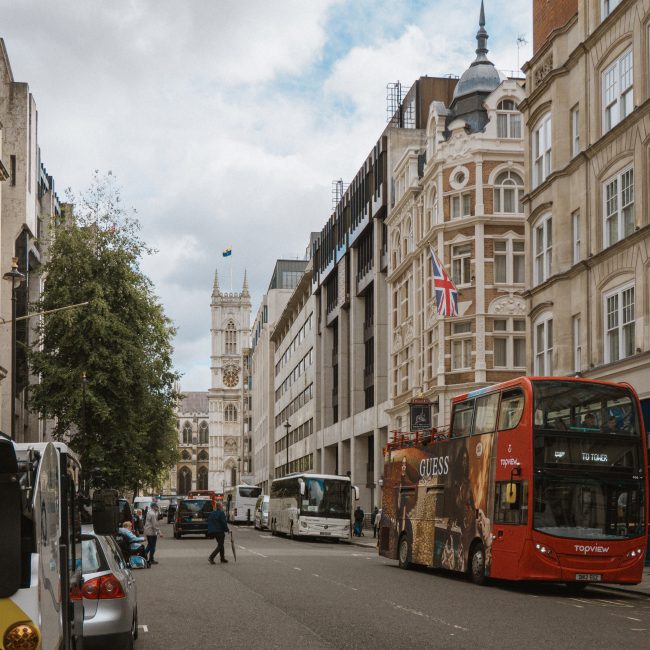
Culture & Religion
The UK is a multicultural and diverse country with a rich history that influences its modern culture. From the royal family to world-famous music, literature, and sports, British culture has a global impact. Cities like London, Birmingham, and Manchester are melting pots of different cultures, with large immigrant communities contributing to food, fashion, and festivals. Traditional British customs—like afternoon tea, football (soccer), and pub culture — still thrive alongside contemporary trends.
Religiously, the UK is predominantly Christian, with the Church of England as the state religion. However, it’s highly diverse, with significant communities of Muslims, Hindus, Sikhs, Jews, and Buddhists, as well as a growing number of people identifying as non-religious. Major cities have mosques, temples, synagogues, and gurdwaras, reflecting this diversity. Religious festivals like Christmas, Eid, Diwali, Hanukkah, and Vaisakhi are widely celebrated across the country.
Let’s talk travel insurance for 1 second,
Travel insurance is your safety net when things don’t go as planned. Whether it’s a medical emergency, a canceled flight, or lost luggage, it’s there to save you from unexpected expenses and a lot of stress. For solo travelers especially, it’s like having backup when you’re out in the world on your own. It’s a small price to pay for peace of mind and knowing you’re covered if life throws you a curveball while you’re exploring.
World Nomads is the company I trust to handle my travel insurance needs. Their 2 insurance packages can cater to any kind of traveler. They are there to help you 24/7.
Make the smart move and get travel insurance for all your adventures.
Have a safe trip!
Queer Factor
The UK is one of the most queer-friendly destinations in the world, with strong legal protections and a vibrant queer culture. Same-sex marriage has been legal since 2014, and anti-discrimination laws protect LGBTQ+ individuals in employment, housing, and public services.
Major cities like London, Manchester, Brighton, and Edinburgh have thriving queer scenes, with numerous LGBTQ+ bars, clubs, and community spaces. Brighton, often called the UK’s “gay capital,” hosts one of the largest Pride events in Europe.
For Black queer travellers, London offers the most diverse and inclusive queer spaces. Black Pride UK, the largest celebration of Black and POC queer identities in Europe, takes place annually in London, creating a space for community and joy. Clubs and events like Pxssy Palace, BBZ, and LICK cater specifically to QTBIPOC (Queer, Trans, Black, Indigenous, and People of Color) crowds. However, outside major cities, Black queer visibility is lower, and experiences can vary, with some travellers noting a mix of welcoming and microaggressive encounters.
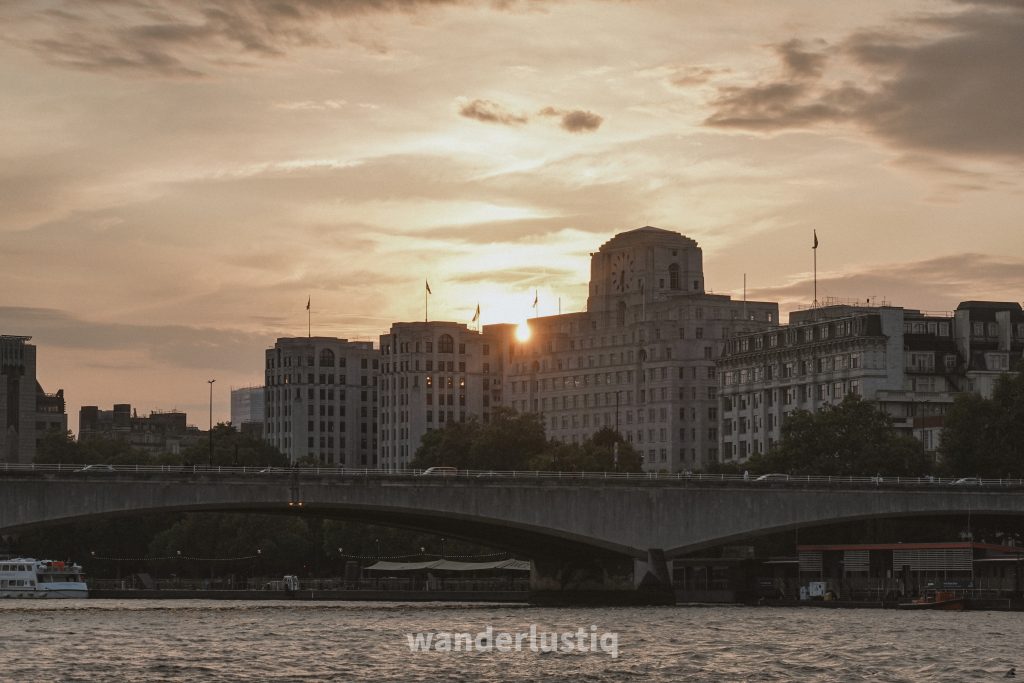
Safety & Travel Advice
The UK is generally a safe destination for travellers, but like any major country, it has risks — especially in busy urban areas. Phone snatching is a common issue, particularly in cities like London, Manchester, and Birmingham. Thieves on bikes or scooters often target people using their phones near roads, quickly grabbing them before speeding off.
How to Avoid Phone Snatching:
- Stay aware in busy areas and near roads—avoid texting or mapping while walking.
- Use both hands to hold your phone securely in crowded spaces.
- Keep it out of sight when not in use—store it in a secure bag or pocket.
- Be mindful in cafés and public transport—don’t leave your phone on tables.
What to Do if Your Phone is Stolen:
- Don’t chase the thief—they move fast and can be dangerous.
- Use Find My iPhone or Google Find My Device to track or lock your phone remotely.
- Report it to the police online or at a station (not 999 unless there’s violence).
- Contact your provider to block the SIM and protect your data.
- If insured, file a claim with your insurance provider.
The UK is a great destination for solo travellers, with excellent public transport, walkable cities, and a generally safe environment. However, staying alert and prepared can help ensure a smooth trip.
General Safety Tips:
- Stay in well-lit areas at night and avoid quiet alleyways or parks.
- Trust your instincts — if a place or person feels off, remove yourself.
Use reputable transport like licensed taxis (black cabs in London) or Uber, and avoid getting into unmarked vehicles.
Accommodation & Socializing:
- Book accommodations in safe, central areas, and read reviews on platforms like Booking.com or Hostelworld.
- Join group tours or events to meet fellow travellers while maintaining independence.
- If using dating apps, meet in public places and let a friend know your plans.
Money & Belongings:
- Avoid carrying large amounts of cash—contactless payments are widely accepted.
- Use anti-theft bags and be mindful of pickpockets, especially in crowded tourist spots.
- Share your itinerary with a trusted friend or family member for added security.
Solo travel in the UK is generally safe, but staying alert — especially in busy cities — will help avoid common pitfalls.
Emergency Numbers:
Emergencies – 999
Non-Emergencies – 101
For more safety travel trips, you can read Your Safety Is Important.

